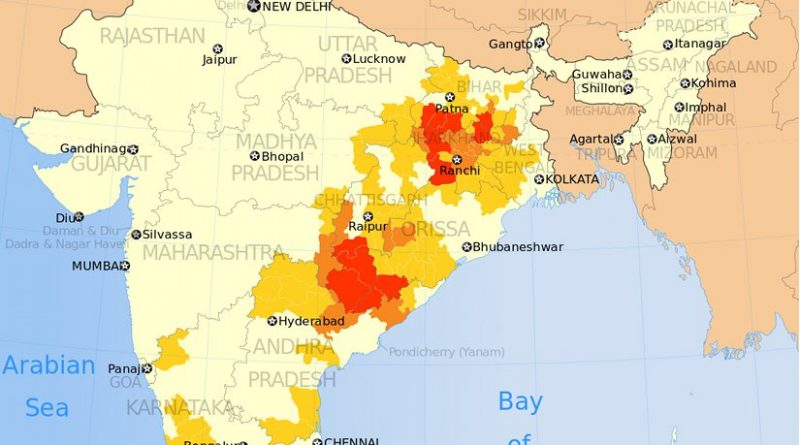Brahma Chellaney
 Data is the oil of today’s digital age, in which every individual, through Internet activity, leaves a footprint of personal information, which is controlled by others. In fact, just like oil in the past century, data is now the most valuable resource in the world — an engine of growth and change. Akin to uranium, data is a game changer. But like oil or uranium, data must be processed to create something of value.
Data is the oil of today’s digital age, in which every individual, through Internet activity, leaves a footprint of personal information, which is controlled by others. In fact, just like oil in the past century, data is now the most valuable resource in the world — an engine of growth and change. Akin to uranium, data is a game changer. But like oil or uranium, data must be processed to create something of value.
How data is processed and stored carries major implications for national and international security. Hacking and theft of critical data is central to cyber-espionage.
The global “data economy” is dominated by a few tech titans like Alphabet (Google’s parent company), Amazon, Apple, Facebook and Microsoft. These giants vacuum up vast troves of data that help build a digital profile of every individual, including the person’s preferences, foibles and secrets. Data collection can reveal as much about a person as government surveillance, if not more.
Today’s “data brokers” are financially incentivised to collect and monetise personal data of people all over the world. The collected data, however, is used not just for business purposes. Nor does it stay in the private sector alone. Thanks to Edward Snowden and other revelations, we know that the United States government employs several tools to acquire data from the Internet giants. And through its National Security Agency, it directly accesses the systems of Google, Facebook, Apple and others. America’s massive databases arm it with an Orwellian capacity to track digital footprints and personal information of individuals, both Americans and those overseas, including decision-makers. In fact, the 2015 US Cybersecurity Information Sharing Act has essentially legalised all forms of government and corporate spying. This serves as a reminder that the Internet, although a major boon that we cannot live without, facilitates surveillance.


/arc-anglerfish-arc2-prod-mco.s3.amazonaws.com/public/K72DXK7A2FAAZDRJZQ77L4MY2Q.jpg)














/arc-anglerfish-arc2-prod-mco.s3.amazonaws.com/public/QX5UGF3IS5DV7HLHMEOFTMEYJE.png)


